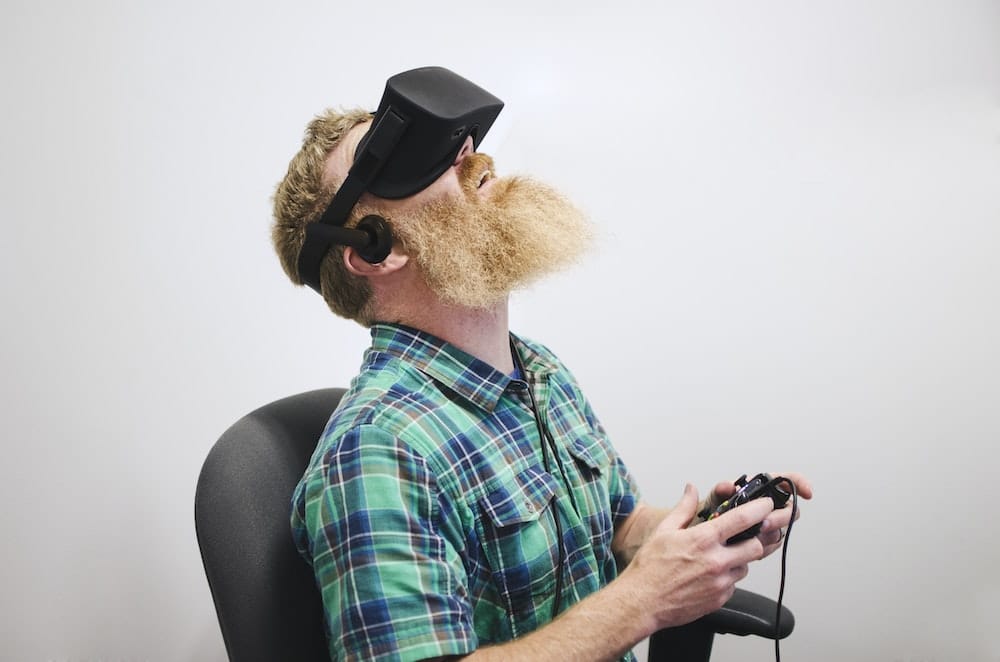What’s the Role of Virtual Reality in UK Real Estate for Remote Viewing?

In an age where digital technology is continuously reshaping industries, one realm that’s been profoundly impacted is the real estate industry. The integration of virtual reality (VR) into traditional real estate practices has revolutionised the way properties are marketed and viewed. The UK property market, in particular, has been quick to adopt this trend. Let’s delve into this transformative journey to understand the role of virtual reality in UK real estate for remote viewing.
The Emergence of Virtual Reality in the Real Estate Industry
The real estate industry has always been driven by the visual experience. The ability for potential buyers to see, feel, and perceive the space they are interested in is pivotal. Enter virtual reality, a technology that has taken this visual experience to new heights.
A lire aussi : How Can UK Independent Filmmakers Finance Their Projects Through Crowdfunding?
Virtual reality in the real estate industry works by creating immersive, 3D tours that potential buyers can experience from anywhere in the world. Virtual property tours are much more than just a collection of images or a video walkthrough of a house. These are interactive and three-dimensional experiences that give viewers a realistic sense of the space.
A virtual tour allows potential buyers to move around the property at their own pace, focus on the details they find important, and even manipulate certain elements, such as the light direction or furniture arrangement.
Lire également : Top seo agencies in new york to elevate your website rankings
The Impact of Virtual Reality on Real Estate Agents and Buyers
Virtual reality has certainly made life easier for real estate agents and buyers alike. Let’s look at how it’s reshaping their reality.
For real estate agents, virtual tours are a game-changer. They provide an efficient way to showcase multiple properties to various clients without the need for travel. This not only saves time but also reduces the costs associated with physical viewings. Moreover, virtual tours are accessible 24/7, allowing agents to reach potential clients in different time zones effortlessly.
On the other hand, potential buyers can conveniently explore properties without leaving their homes. This has been particularly beneficial during the COVID-19 pandemic when physical viewings have been restricted. Furthermore, virtual reality offers the opportunity to view properties that are not yet constructed. Through VR, potential buyers can view the final product in a realistic way, making it easier to make a purchasing decision.
Virtual Reality as a Marketing Tool in Real Estate
In today’s digital age, virtual reality has become a powerful marketing tool for real estate agents and property developers. It allows them to present properties in a way that traditional photography or video cannot.
Virtual tours provide an immersive, interactive experience that can draw in potential buyers and engage them for longer periods. This increased engagement can lead to higher conversion rates. Additionally, virtual tours can be easily shared on social media or via email, increasing the property’s visibility and reach.
Moreover, virtual reality can be used to sell properties that are not yet built. Real estate developers can use VR to showcase the project’s final look, allowing potential buyers to visualise the completed property. This can help generate interest and pre-sales.
The Future of Virtual Reality in UK Real Estate
The use of virtual reality in UK real estate is not just a passing trend, but is set to become a staple in the industry. As VR technology continues to develop and become more affordable, its use in real estate is expected to grow.
With advancements in VR technology, future virtual tours could include more interactive elements and even more realistic experiences. For example, incorporating sensory experiences like smell or touch into virtual tours could make the virtual viewing experience even more immersive and convincing.
While virtual reality cannot completely replace the need for physical viewings, it is a valuable tool that adds another dimension to the property viewing process. For UK real estate, the embrace of virtual reality for remote viewing indicates a willingness to adapt and innovate in response to technological advancements and changes in consumer behaviour. It’s clear that virtual reality is here to stay, and the industry is better for it.
Augmented Reality: The Next Frontier in Real Estate?
Augmented reality is another technology that is making waves in the real estate industry. This technology overlays digital information onto the physical world, providing a blend of virtual and real environments. For instance, a prospective buyer using an augmented reality app on their smartphone can point the device at a property and see additional information such as the price, square footage, and number of bedrooms overlaid on the screen.
This technology can be particularly useful for virtual staging. Virtual staging involves decorating a property with digital furniture and decor to help potential buyers visualise how the space could look. This is especially useful for empty properties or those still under construction. Augmented reality takes this a step further by allowing potential buyers to modify the virtual staging in real time, adding or removing pieces of furniture according to their preferences.
Moreover, augmented reality can enhance the remote viewing experience by providing potential buyers with more information about a property’s surroundings. For instance, by using augmented reality, viewers could see information about local amenities, schools, transportation links, and more, overlaid on the virtual tour. This could significantly aid decision making for prospective buyers who are not local to the area.
A Paradigm Shift for the UK Real Estate Industry
The adoption of virtual reality and augmented reality in the UK real estate industry signifies a considerable shift in the way properties are marketed and viewed. By creating immersive, interactive experiences, these technologies are transforming the traditional property viewing experience, making it more efficient, accessible and informative.
The impact of this shift extends beyond just convenience. By allowing potential buyers to view properties remotely and at their own pace, virtual reality is democratising the real estate market. It is removing geographical barriers and opening up the property market to a global audience. This has the potential to increase competition, drive innovation, and ultimately benefit consumers.
Furthermore, technologies like virtual reality and augmented reality are helping the real estate industry to become more sustainable. By reducing the need for physical viewings, they are cutting down on travel and its associated carbon emissions. This is an important consideration in today’s climate-conscious world.
In conclusion, the integration of virtual reality into the real estate industry in the UK is not just a technological advancement, but a paradigm shift. This trend is set to continue as technology improves and becomes more affordable. As such, real estate agents, property developers and potential buyers alike must adapt to this new reality or risk being left behind. Virtual reality and augmented reality are not just changing the way we view properties, they are changing the very nature of the real estate industry. This shift represents an exciting future for the UK real estate market and is a clear signal of its readiness to embrace change and innovation.
